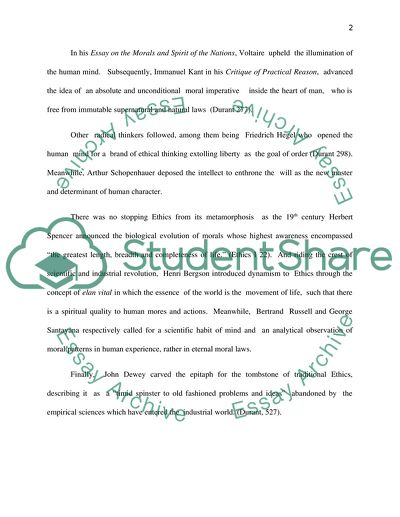Cite this document
(“PHILOSOPHY: ETHICAL ISSUES Term Paper Example | Topics and Well Written Essays - 1500 words”, n.d.)
PHILOSOPHY: ETHICAL ISSUES Term Paper Example | Topics and Well Written Essays - 1500 words. Retrieved from https://studentshare.org/philosophy/1573764-philosophy-case-study
PHILOSOPHY: ETHICAL ISSUES Term Paper Example | Topics and Well Written Essays - 1500 words. Retrieved from https://studentshare.org/philosophy/1573764-philosophy-case-study
(PHILOSOPHY: ETHICAL ISSUES Term Paper Example | Topics and Well Written Essays - 1500 Words)
PHILOSOPHY: ETHICAL ISSUES Term Paper Example | Topics and Well Written Essays - 1500 Words. https://studentshare.org/philosophy/1573764-philosophy-case-study.
PHILOSOPHY: ETHICAL ISSUES Term Paper Example | Topics and Well Written Essays - 1500 Words. https://studentshare.org/philosophy/1573764-philosophy-case-study.
“PHILOSOPHY: ETHICAL ISSUES Term Paper Example | Topics and Well Written Essays - 1500 Words”, n.d. https://studentshare.org/philosophy/1573764-philosophy-case-study.


